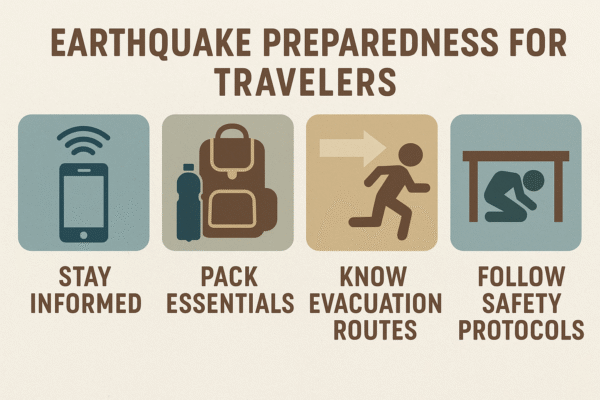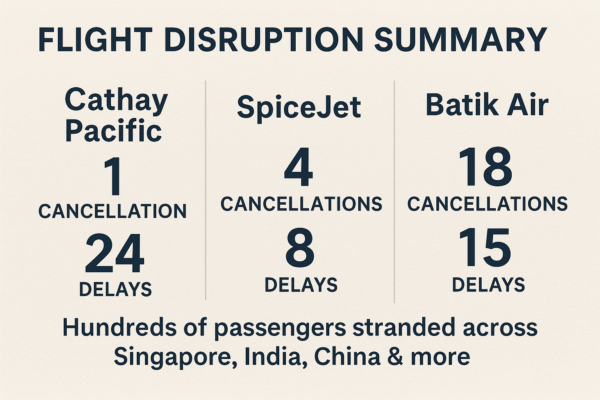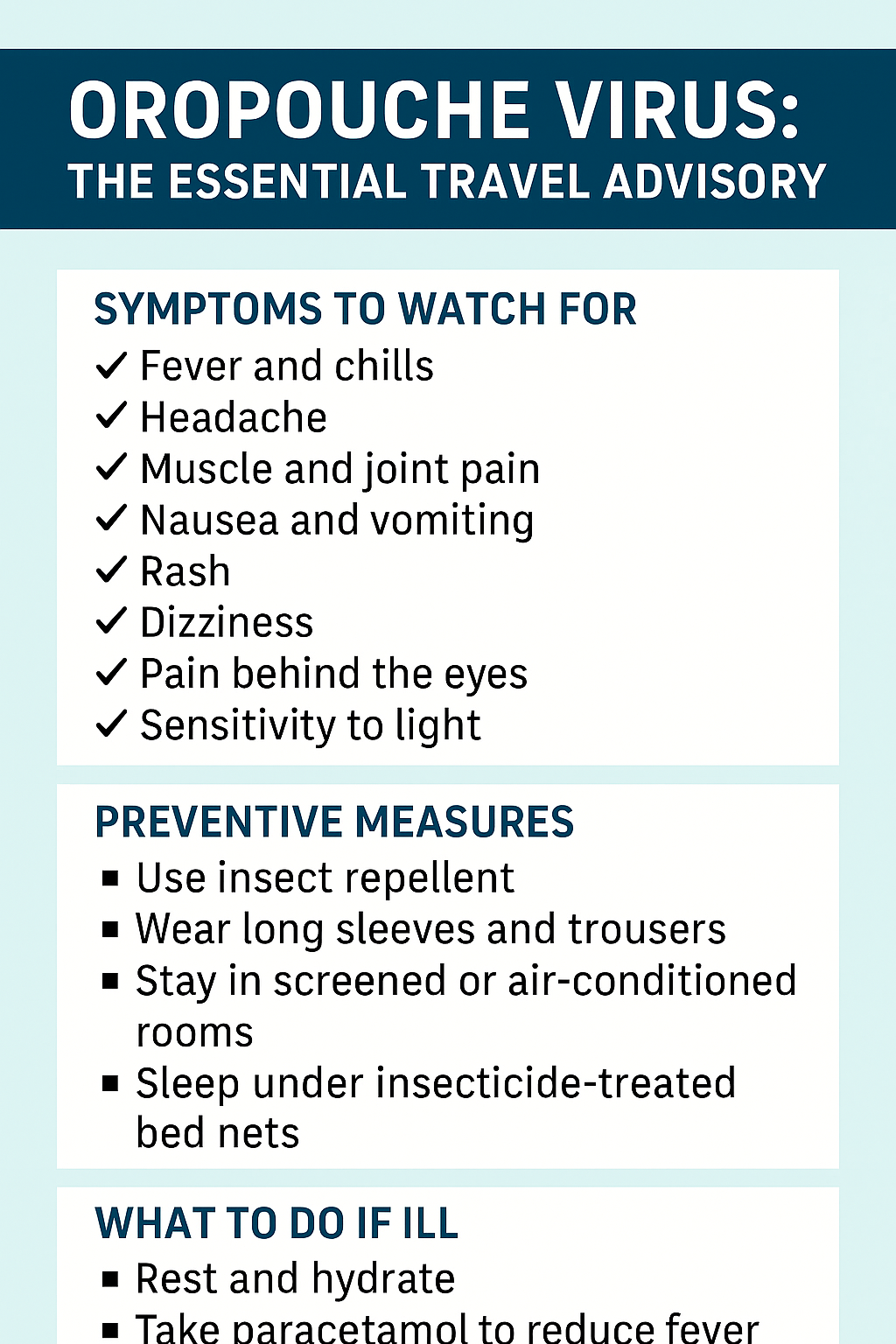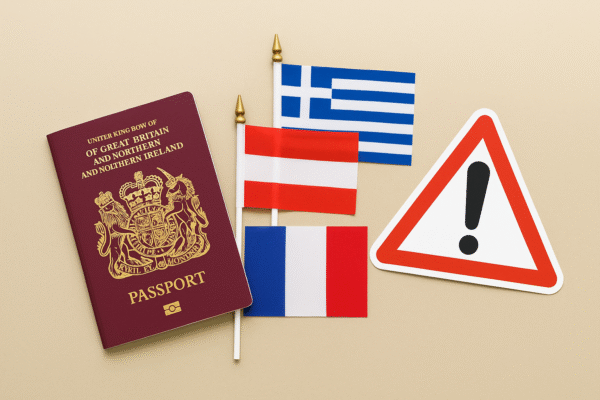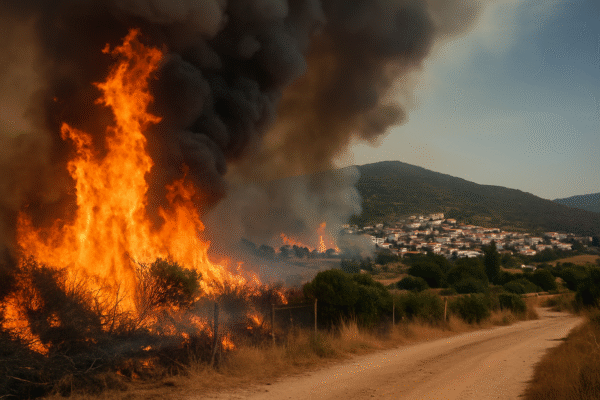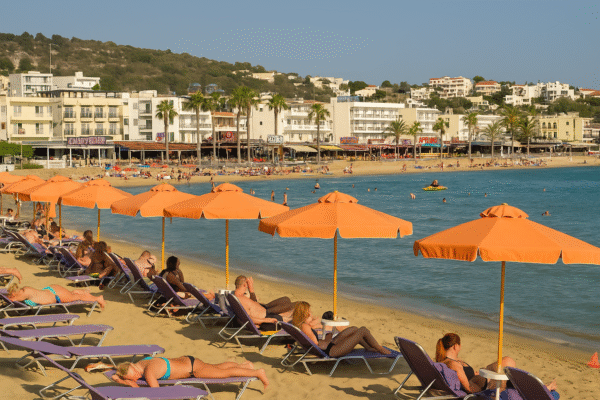ATHENS, Greece – Greek authorities have issued an urgent Category 4 ‘Very High’ Fire Risk Alert across several popular tourist regions, as intense wildfires and soaring temperatures grip the country. Amid a record-breaking heatwave that has pushed temperatures above 40°C (104°F), fires have erupted in northern Greece and areas near Athens, prompting emergency evacuations and heightened safety warnings.
The Ministry for Climate Crisis and Civil Protection has identified six regions under the highest alert level for wildfire danger: Attica (including Kythera Island), Crete, Evia, Lakonia, the North Aegean Islands (Chios, Samos, Ikaria), and the South Aegean, particularly the Cyclades. These areas, known for their scenic beauty and popularity among summer travelers, are now on high alert as firefighters battle fast-moving blazes exacerbated by strong winds and parched terrain.
Wildfires Break Out Amid Scorching Temperatures
In Kavala, located in northern Greece, a large wildfire ignited near Aspri Ammos on June 29, triggering an emergency 112 evacuation alert. The fire quickly advanced toward residential neighborhoods and nearby coastal zones, forcing tourists and residents to evacuate amid plumes of smoke and intensifying heat.
Earlier last week, a rapidly spreading wildfire hit Palaia Fokaia and Thymari, just 40 kilometers southeast of Athens. Originally a brush fire, it was fanned by strong coastal winds and blistering heat, surging across large areas in a matter of hours. Local firefighting crews were deployed en masse, but the combination of dry vegetation, elevated temperatures, and low humidity created conditions ripe for rapid expansion.
Tourists Urged to Remain Vigilant and Prepared
With summer holidays in full swing, Greek authorities are calling on both tourists and residents to follow fire safety protocols and stay informed. The General Secretariat for Civil Protection has emphasized the importance of reporting fire sightings by dialing 199, and monitoring real-time emergency alerts via Greece’s 112 system.
Authorities warn that wildfires can ignite and spread within minutes under the current climate conditions. Travelers heading to or already in high-risk zones are being advised to take preventive measures seriously.
High-Risk Areas Under Category 4 Fire Alert
The six Greek regions under the ‘very high’ fire risk alert include:
- Attica (including Kythera Island): Home to Athens, this region has already seen significant fire outbreaks.
- Crete: Greece’s largest island, popular among beachgoers and hikers, now faces increased wildfire risk due to persistent dryness and wind.
- Evia (Central Greece): A known hotspot for past wildfire disasters, Evia remains vulnerable amid high temperatures and rugged terrain.
- Lakonia (Peloponnese): Southern Greece’s olive-growing area is under high alert, with resources positioned for rapid response.
- North Aegean Islands (Chios, Samos, Ikaria): Tourists should be aware of evacuation zones and avoid forested paths during midday.
- South Aegean (Cyclades): This includes islands such as Santorini, Mykonos, and Naxos, where soaring tourist numbers complicate evacuation logistics.
Emergency Preparedness Tips for Tourists
Visitors are advised to follow these crucial safety recommendations while in Greece:
- Monitor the 112 Emergency System for region-specific fire alerts and evacuation warnings.
- Pack an emergency kit: Include water, snacks, medications, ID, travel documents, and essentials in case of sudden evacuation.
- Locate nearby evacuation routes and shelters upon arrival at any hotel or rental property.
- Avoid fire-prone activities, including barbecuing, burning trash, or smoking near dry vegetation.
- Check the daily fire risk map, which is updated by civil protection authorities and accessible in multiple languages at major travel hubs.
Authorities also urge visitors to remain indoors during peak heat hours (12:00 PM to 4:00 PM) and seek cool, shaded environments whenever possible.
Record-Breaking Heatwave Heightens Fire Danger
The current wildfire emergency comes amid a wider Southern European climate crisis, with temperatures exceeding 45°C in some parts of the Mediterranean. Alongside Spain, Italy, France, and Portugal, Greece is experiencing one of the most intense and dangerous summers on record.
The Hellenic National Meteorological Service (HNMS) attributes the extreme conditions to a combination of prolonged drought, high-pressure systems, and wind patterns. These climate factors, intensified by global warming, are fueling more frequent and powerful wildfires.
Firefighting Efforts Stretch Thin
Greece’s firefighting teams, backed by military units and emergency aircraft, are actively battling fires across the nation. Helicopters and planes are being deployed to contain inaccessible flames, while local fire brigades continue to protect vulnerable villages and tourist zones.
However, the scale and speed of the blazes—fueled by bone-dry terrain—pose a challenge for first responders. Officials have warned that firefighting capacity may be overstretched if new fires ignite under current weather conditions.
Travel Advisory and Final Recommendations
While Greece remains open to tourism, the situation is fluid, and travelers should:
- Stay in touch with hotel reception or local hosts for emergency guidance.
- Avoid hiking, off-road travel, or camping in forested or rural areas.
- Download the 112 emergency app, which provides alerts and evacuation details based on GPS location.
- Remain calm in the event of evacuation and follow official instructions promptly.
By adhering to these guidelines, travelers can help protect themselves and the regions they visit during this critical period.
Conclusion
As wildfires burn through parts of northern and southern Greece, the government’s issuance of a ‘very high’ fire risk alert underscores the seriousness of the threat. With record heat and dry winds continuing to endanger both lives and landscapes, tourist responsibility, awareness, and cooperation are essential.
For those visiting the Aegean islands, the Peloponnese, or the capital region of Attica, staying informed and prepared can make all the difference during this challenging summer season.
For more travel news like this, keep reading Global Travel Wire




